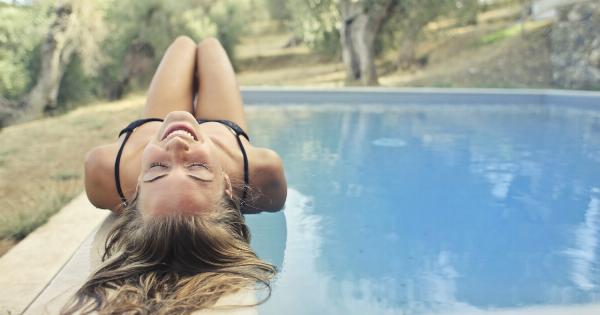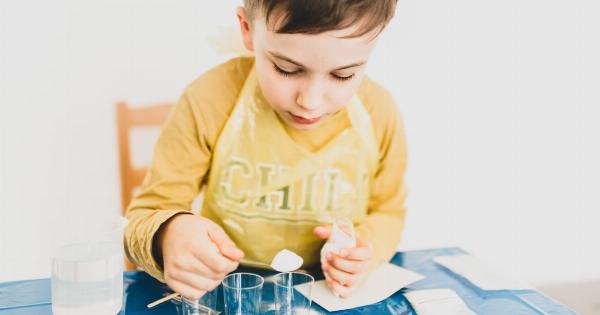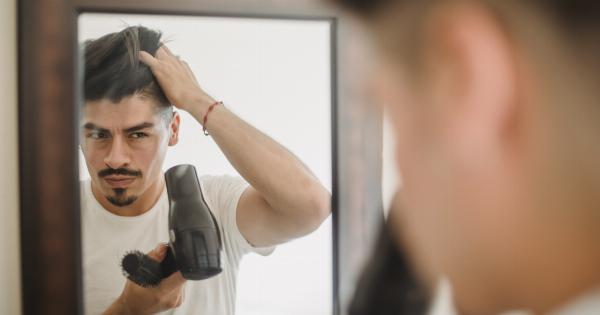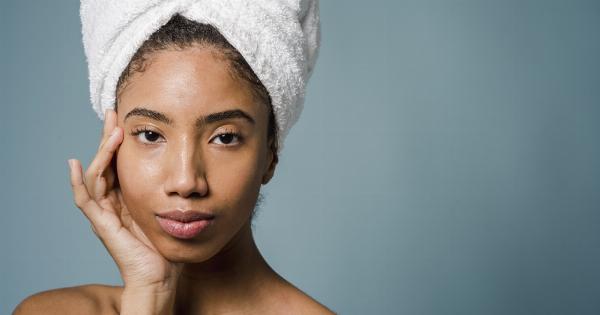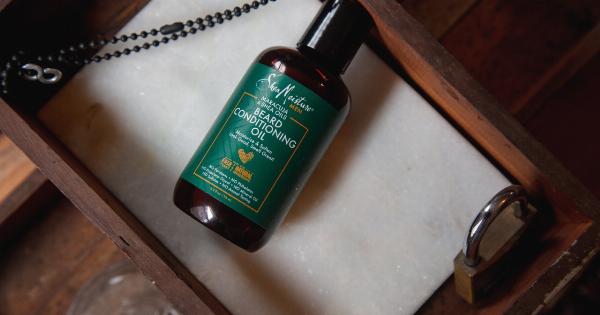Spending a sunny day at the pool can be a great way to relax and beat the heat. However, it’s important to be aware of the potential effects that pool water can have on your hair.
Chlorine and other chemicals used to keep pool water clean can contribute to various hair problems, ranging from dryness and discoloration to brittle strands. In this article, we will explore the impact of pool water on hair and provide tips on how to protect your locks.
The role of chlorine in pool water
Chlorine is commonly used in swimming pools to kill bacteria and keep the water clean and safe for swimming. While chlorine is effective in preventing the spread of germs, it can have some adverse effects on your hair.
One of the main issues is excessive dryness, as chlorine strips away the natural oils produced by the scalp, leaving the hair prone to breakage and frizz.
Moreover, chlorine can cause the hair cuticle, the outermost layer of the hair shaft, to lift and become rough. This leads to increased porosity, making it easier for the hair to absorb harmful chemicals and pollutants from the environment.
As a result, the hair becomes more susceptible to damage from the sun, pollution, and other external factors.
The impact of pool water on hair color
Pool water can also affect the color of your hair, especially if it has been chemically treated or dyed. Chlorine has a bleaching effect on hair, particularly on lighter shades.
Overexposure to chlorine can cause blonde hair to turn green, while it may result in a brassy or orange tint for those with darker hair. The combination of chlorine and sunlight can intensify these color changes, leading to noticeable discoloration.
In addition to chlorine, copper and other metals present in pool water can also alter hair color. These metals can oxidize and bind to the hair shaft, resulting in a greenish hue.
This is more likely to happen if the pool water has a high copper content or if the pool equipment is not properly maintained.
Common hair problems associated with pool water
Exposure to pool water can cause a range of hair problems, some of which include:.
1. Dryness and brittleness
The harsh chemicals in pool water, especially chlorine, can strip away the natural oils from the hair, leaving it dry, brittle, and more prone to breakage. Dry hair can become dull, damaged, and difficult to manage, leading to frizz and tangles.
2. Discoloration
As mentioned earlier, pool water, particularly when combined with chlorine and sunlight, can cause hair color to change. Blonde hair may turn green, while other shades may develop brassiness or an orange tint.
Discoloration can be frustrating, especially for individuals who have invested time and money in maintaining their hair color.
3. Split ends and hair breakage
The combination of dryness and increased porosity caused by pool water can lead to split ends and hair breakage. The hair shaft becomes weaker and more prone to damage, resulting in split ends and shorter strands.
This can make it challenging to maintain long and healthy hair.
4. Scalp irritation and dandruff
Some individuals may experience scalp irritation and dandruff due to the chemicals present in pool water. Chlorine, in particular, can disrupt the natural balance of the scalp, leading to dryness, itching, and flaking.
This can be uncomfortable and may require additional treatment to restore the scalp’s health.
Protecting your hair from pool water damage
Despite the potential drawbacks, there are several measures you can take to minimize the impact of pool water on your hair:.
1. Wet your hair before swimming
Rinsing your hair with fresh water before entering the pool can help saturate the hair cuticle, reducing its ability to absorb chlorine and other chemicals.
Wetting your hair beforehand also helps to create a barrier and minimize the amount of pool water your hair absorbs during swimming.
2. Apply a leave-in conditioner
Using a leave-in conditioner or a hair oil can help provide a protective coating on the hair strands, keeping them moisturized and reducing the amount of chlorine and other chemicals that penetrate the hair.
Be sure to choose a product specifically designed for swimming or one that provides UV protection.
3. Wear a swimming cap
Wearing a swim cap is one of the most effective ways to shield your hair from pool water damage. A well-fitting cap helps to create a barrier between your hair and the pool water, minimizing both the exposure to chlorine and the risk of discoloration.
It is a particularly useful solution for individuals with chemically treated hair.
4. Rinse and shampoo immediately after swimming
After your swimming session, it is vital to rinse your hair thoroughly with fresh water to remove any residual chemicals. Follow up with a gentle shampoo specifically formulated for swimmers to further cleanse your hair and scalp.
Using a clarifying or chelating shampoo occasionally can also help remove any mineral buildup.
5. Deep condition regularly
To counteract the drying effects of pool water, it is essential to incorporate deep conditioning treatments into your hair care routine.
Deep conditioning helps to restore moisture, repair damage, and improve the overall health and appearance of your hair. Consider using a protein-based treatment to strengthen the hair structure.
6. Limit sun exposure
Exposing your hair to the sun’s harmful UV rays can exacerbate the damage caused by pool water. UV rays can weaken the hair’s structure, fade hair color, and increase the dryness and brittleness caused by chlorine exposure.
Whenever possible, seek shade or protect your hair with a hat or scarf.
Conclusion
While a refreshing dip in the pool can be enjoyable, it’s important to understand the potential effects of pool water on your hair. Chlorine and other chemicals can lead to dryness, discoloration, split ends, and scalp irritation.
By taking preventive measures such as wetting your hair beforehand, using leave-in conditioners, wearing a swim cap, and rinsing and shampooing immediately after swimming, you can minimize the damage caused by pool water and keep your hair healthy and vibrant.

